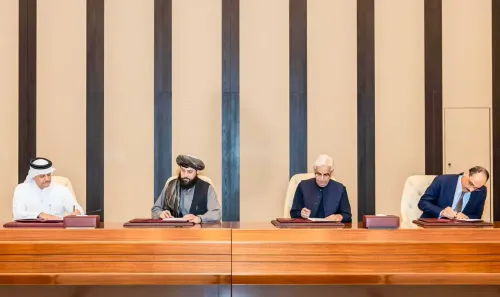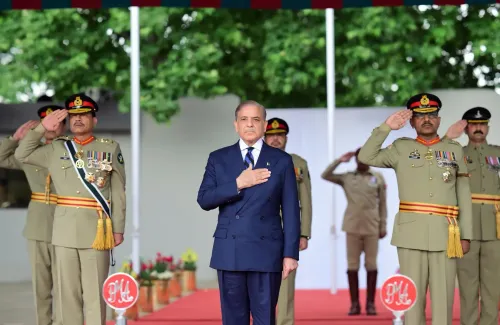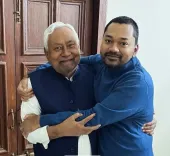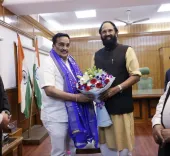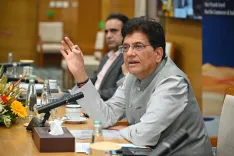Will a Government Supported by Islamists Ever Grasp India's Relationship?
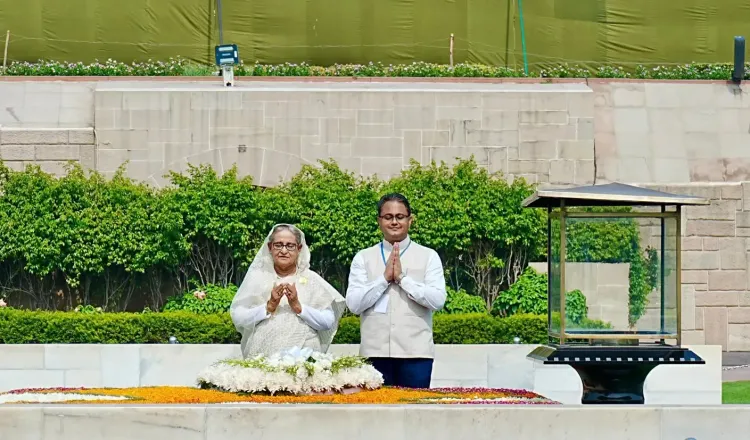
Synopsis
Key Takeaways
- Mohammad Ali Arafat criticizes the current interim government.
- The ICT issued a death sentence to former Prime Minister Hasina.
- Bangladesh's relationship with India is rooted in shared historical and mutual interests.
- Successful diplomatic resolutions can lead to long-term benefits for both nations.
- Influences from the Pakistani military can hinder regional cooperation.
Dhaka, Nov 18 (NationPress) Former Bangladesh Minister and Awami League figure Mohammad Ali Arafat criticized the interim government led by Muhammad Yunus on Tuesday, declaring that a regime supported by Islamist extremists will never grasp the true nature of the party's ties with India.
This statement followed the Bangladesh International Crimes Tribunal (ICT) issuing a death sentence for the former Prime Minister, who was found guilty of "crimes against humanity" linked to protests from July of the previous year.
The ICT also convicted two of Hasina's senior aides, sentencing former Home Minister Asaduzzaman Khan Kamal to death and former Inspector General of Police Chowdhury Abdullah Al-Mamun, who became a state witness, to five years in prison.
On Monday, Dhaka urged New Delhi to promptly hand over Hasina and Kamal, claiming this action is a treaty-bound obligation for India.
In a statement on X, Arafat remarked, “Our relationship with India is rooted not just in 1971 but also in our shared interests across various domains, including collaboratively tackling domestic and transnational terrorism. Under Sheikh Hasina's leadership, the government not only signed the Land Boundary Agreement with India but also amicably resolved the maritime boundary dispute through constructive dialogue.”
“Many neighboring nations have engaged in prolonged conflicts over such issues, whereas Bangladesh and India successfully settled them amicably. Our collaboration in communication and energy sectors has significantly benefitted people on both sides,” he continued.
Arafat emphasized that the Awami League perceives relations with India through the lens of the 1971 Bangladesh Liberation War, not through the perspective of the Pakistani military.
“Diplomacy founded on cooperation and collaboration through the 1971 perspective will consistently aid in resolving issues and enhancing the welfare of people on both sides, as evidenced positively during Sheikh Hasina's tenure. Conversely, diplomacy with India influenced by the dictates of the Pakistani military will result only in mutual detriment, with the populace ultimately suffering the most. I would also mention the concept of Game Theory for those who fail to comprehend this diplomatic approach under Sheikh Hasina,” he added.

